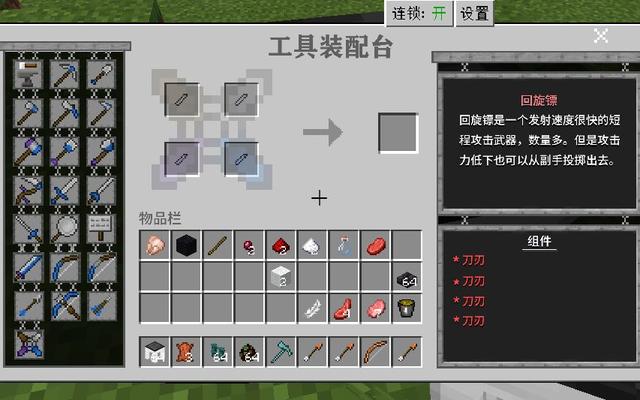趣味记单词livingroom(每日单词villain)
趣味记单词livingroom(每日单词villain)n. 恶棍A villain is someone who deliberately harms other people or breaks the law in order to get what he or she wants.政府可以通过更广泛地征收碳排放税来实现最大的改变。但是,当公司从大自然的好处中获益——水、矿物和能源,保护它也是一种利己行为。如果不这样做,最后一幕可能就是莎士比亚总结的“全然遗忘”。避免灾难可能取决于企业扮演的角色是英雄还是恶棍。——《经济学人》基本释义

villain /ˈvɪlən/
CET6丨IELTS丨TOEFL
外刊例句
Governments can make the biggest difference by more widely taxing carbon emissions. But while firms benefit from nature's bounty—its water minerals and energy—preserving it is also an act of self-interest. If they do not the last scene of all may be what Shakespeare sums up as “mere oblivion”. Averting catastrophe could depend on whether business plays the role of hero or villain.
政府可以通过更广泛地征收碳排放税来实现最大的改变。但是,当公司从大自然的好处中获益——水、矿物和能源,保护它也是一种利己行为。如果不这样做,最后一幕可能就是莎士比亚总结的“全然遗忘”。避免灾难可能取决于企业扮演的角色是英雄还是恶棍。
——《经济学人》
基本释义
A villain is someone who deliberately harms other people or breaks the law in order to get what he or she wants.
n. 恶棍
追根溯源
单词villain和另一个词villa(别墅)都源于拉丁语vīlla ,在中世纪封建时代,这两个词是密切相关的,villa原指“农庄住宅”或“庄园”,而villain则指为villa的主人工作的“农奴”或“农民”。后来,贵族由于阶级优越感以及他们对农民的阶级偏见,往往把意指农民、乡下人的词语同“愚昧”、“粗野”、“邪恶”等概念联系起来。这样,villain的词义就趋向贬义。
现在,villain主要表示“恶棍、反派”,不再是骂人的话。而像villa和出自同一拉丁词源的village(乡村),基本保留了原拉丁词中的含义。
影视例句




